EPA Trends on EVs and PHEVs; beginning of a “measurable and meaningful impact” on new vehicle fuel economy and emissions
Green Car Congress
OCTOBER 11, 2014
The agency’s reasoning was that since alternative fuel vehicle production has generally been less than 0.1% of total vehicle production until very recently, the impact of excluding alternative fuel vehicles was negligible. Fuel economy average for the US fleet, per the Trends report, is 24.1







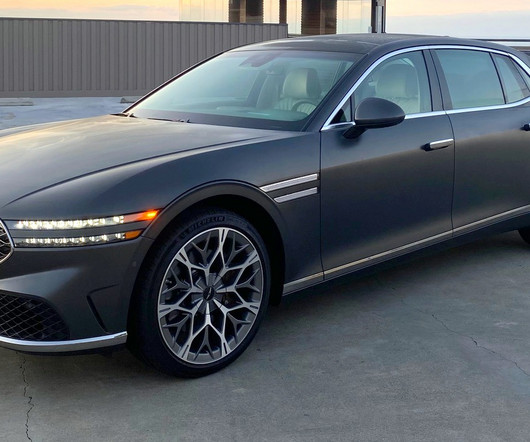

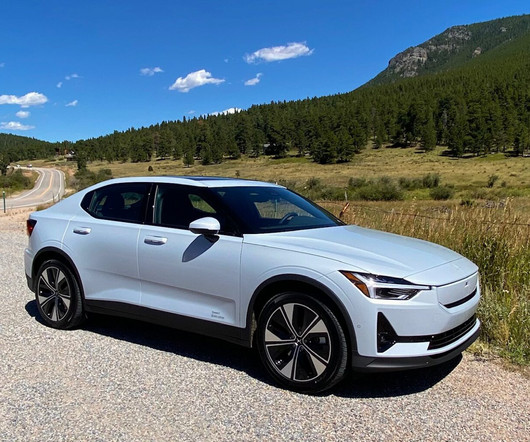
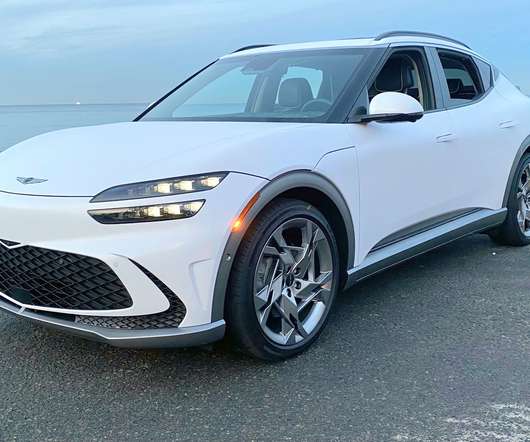
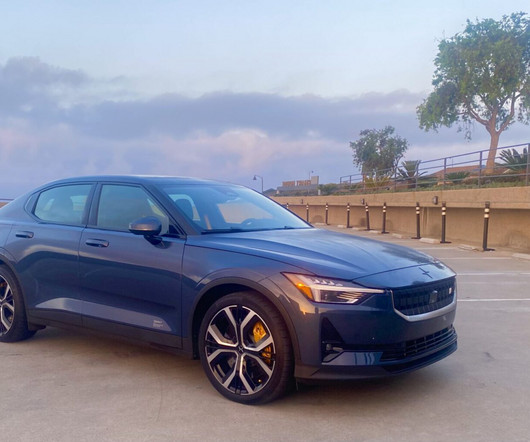
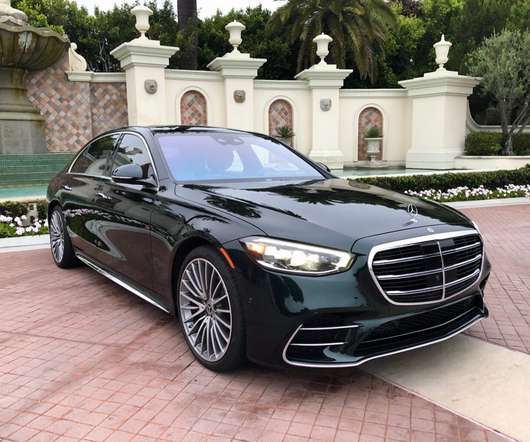
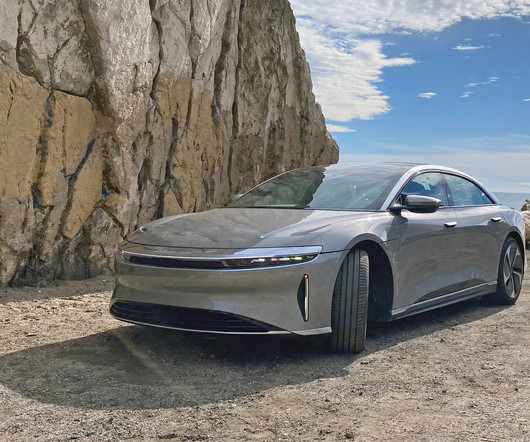
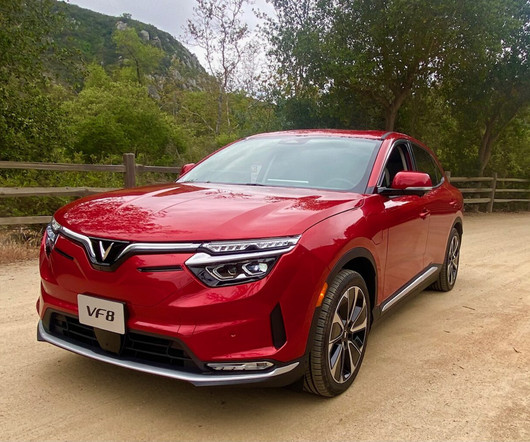

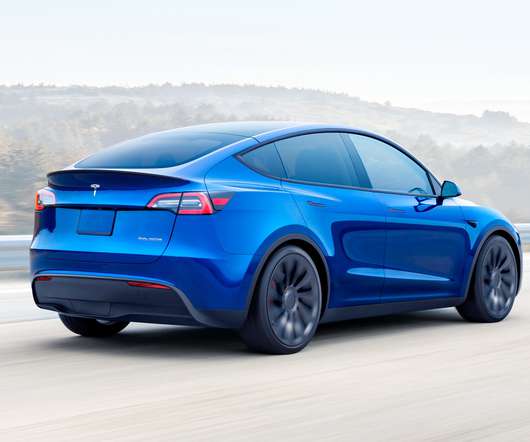
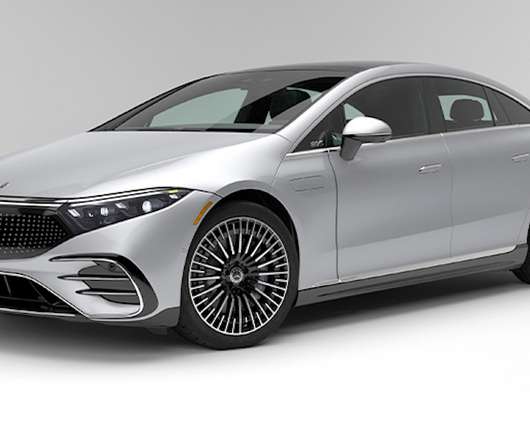








Let's personalize your content